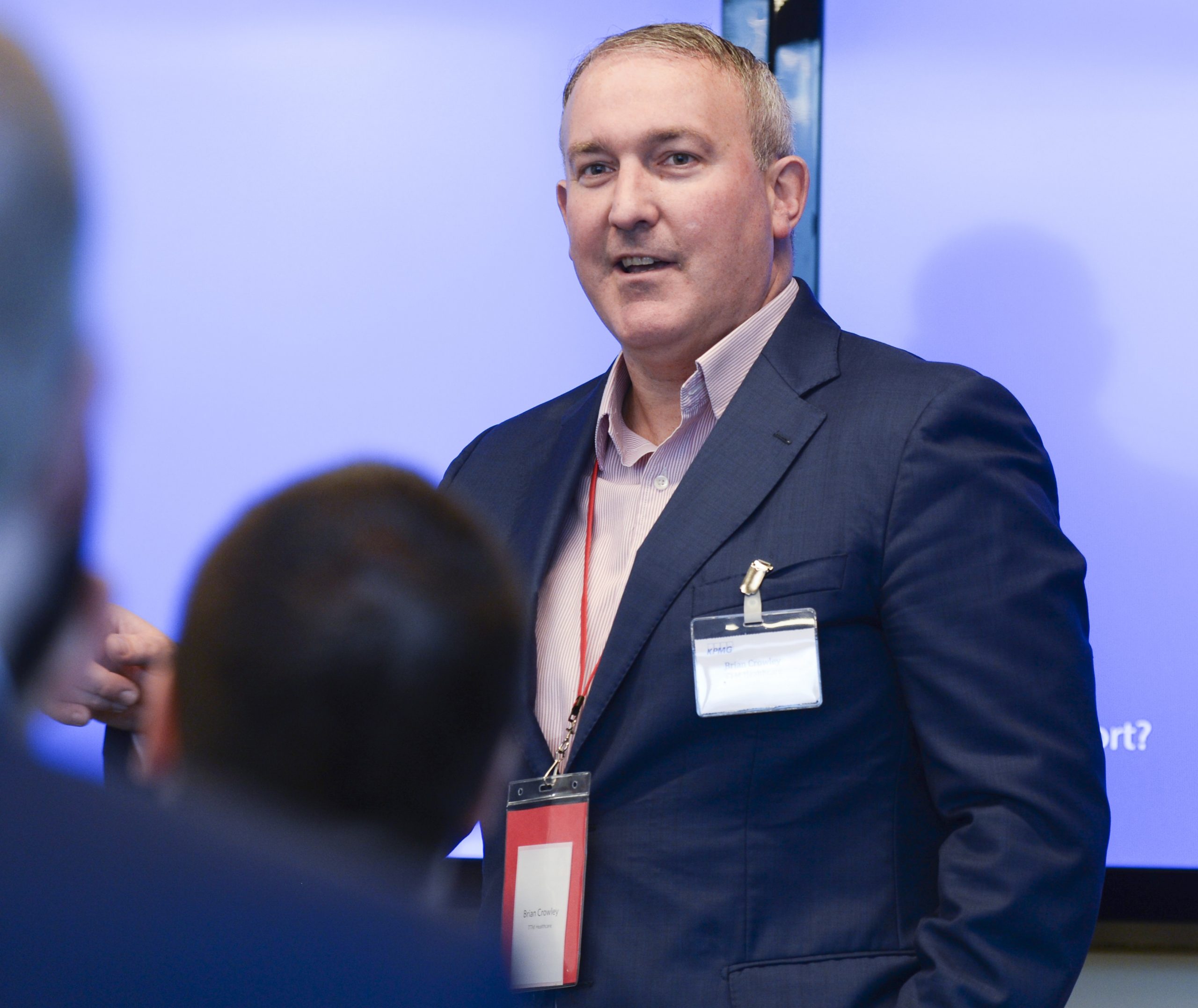When Brian Crowley founded TTM Healthcare in 2002 as a 25-year-old retiring from the boxing circuit, he put his money on his own energy and leadership. A European bronze medallist, he had narrowly missed out on the Olympics and threw himself into business, starting a specialist recruitment agency for health workers. “We now know the requirements go far beyond an inspirational or energetic leader,” he told participants in the KPMG Founders series. If TTM Healthcare turned over €95 million last year across its recruitment, home and residential care businesses and prepares to go on the acquisition path, it’s because Crowley…
Cancel at any time. Are you already a member? Log in here.
Want to read the full story?
Unlock this article – and everything else on The Currency – with an annual membership and receive a free Samsonite Upscape suitcase, retailing at €235, delivered to your door.

